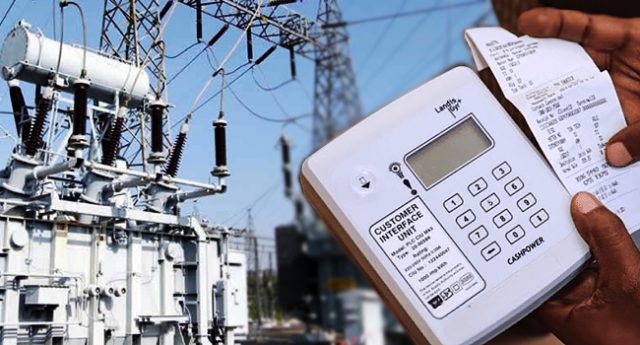The Federal Government’s intentions to increase electricity tariff by more than 66%, from N116.18 to N193.63 per kilowatt-hour, have been met with opposition from power users.
Speaking to reporters at the Mission 300 Energy Summit in Dar es Salaam, Tanzania, Special Adviser to President Bola Tinubu on Energy, Verheijen revealed that to finance the maintenance required to increase reliability and draw in private investors for power generation and transmission, higher electricity rates must be balanced by subsidies for less wealthy consumers.
For many customers, Nigeria’s electricity costs must increase by almost two-thirds to cover the cost of supplying it, according to Verheijen, who also stated that an increase should be anticipated in the coming months.
“Nigeria’s power prices need to rise by about two-thirds for many customers to reflect the cost of supplying it.
“Higher electricity tariffs, which need to be balanced by subsidies for less-affluent consumers, are required to fund the maintenance needed to improve reliability and to attract private investors into power generation and transmission,” Bloomberg quoted Verheijen as having said.
“One of the key challenges we’re looking to resolve over the next few months is transitioning to a cost-efficient but cost-reflective tariff,” Verheijen said.











